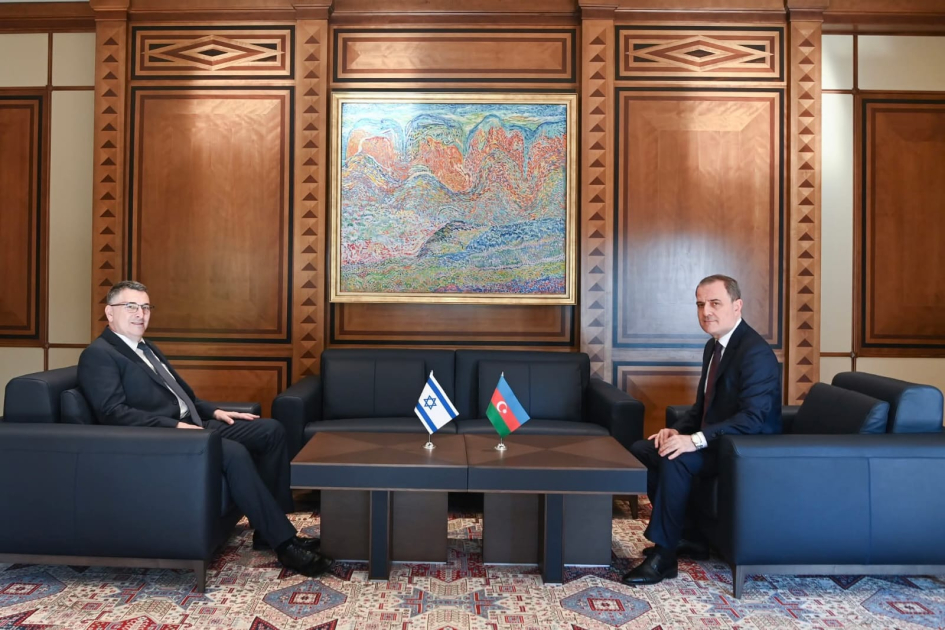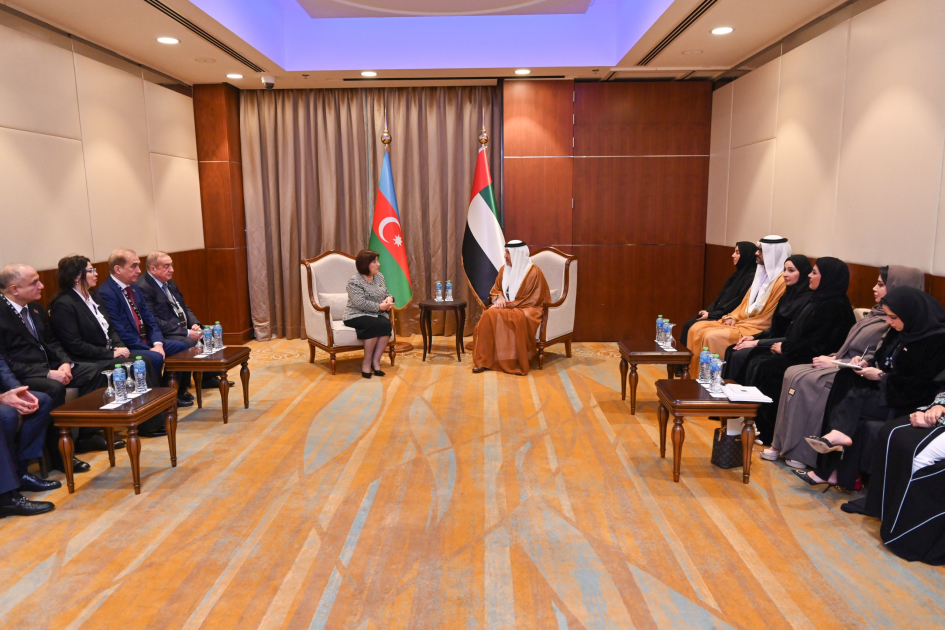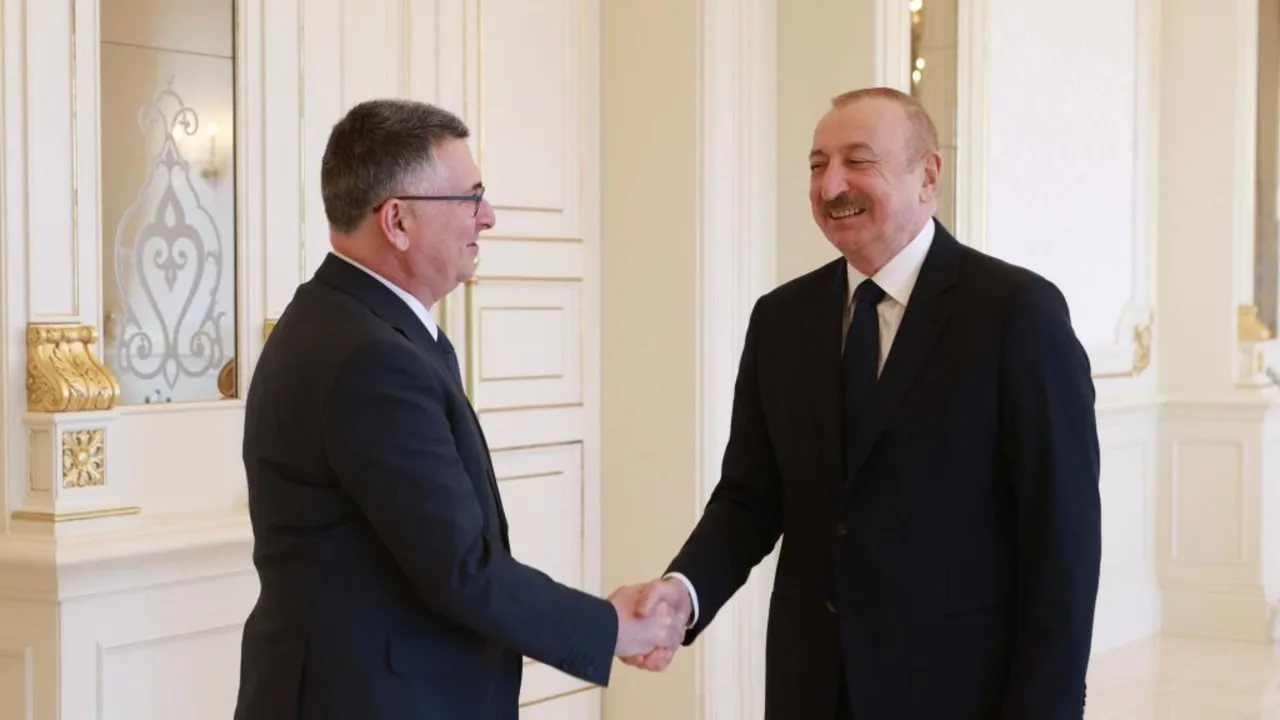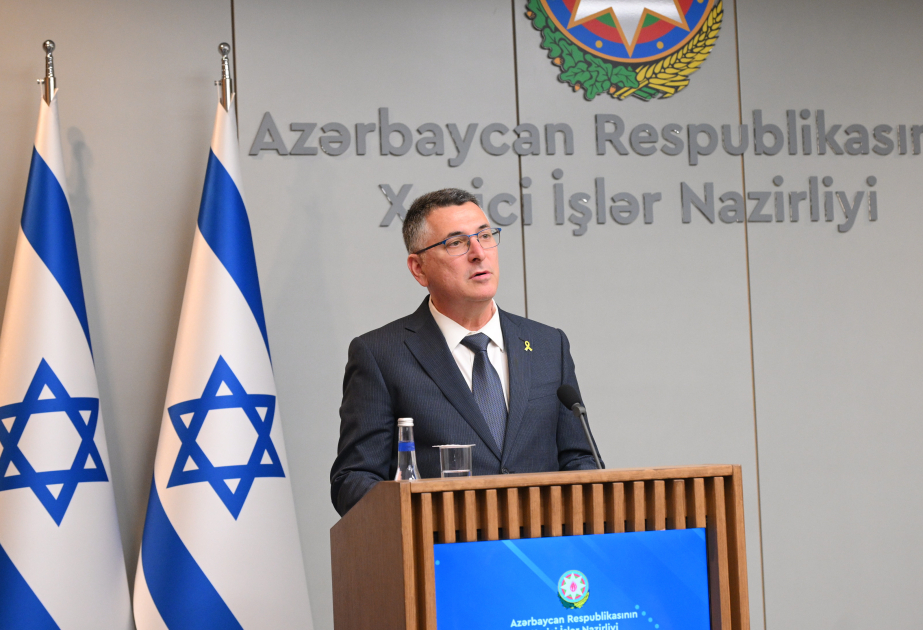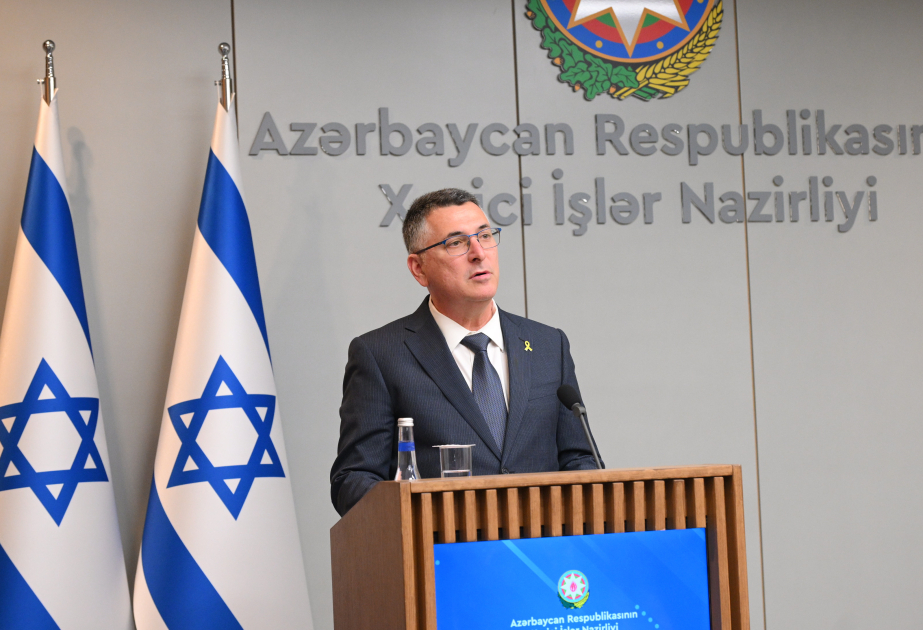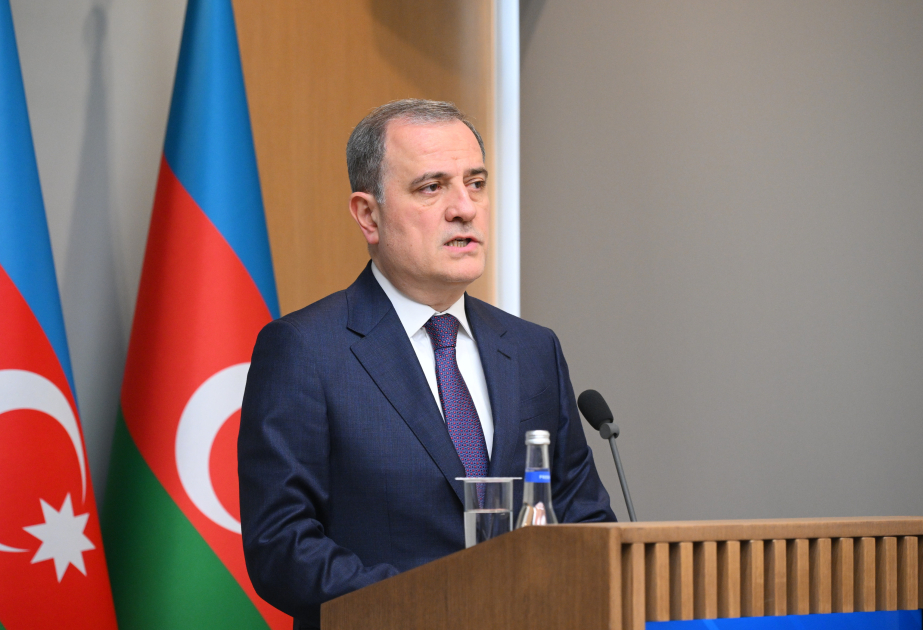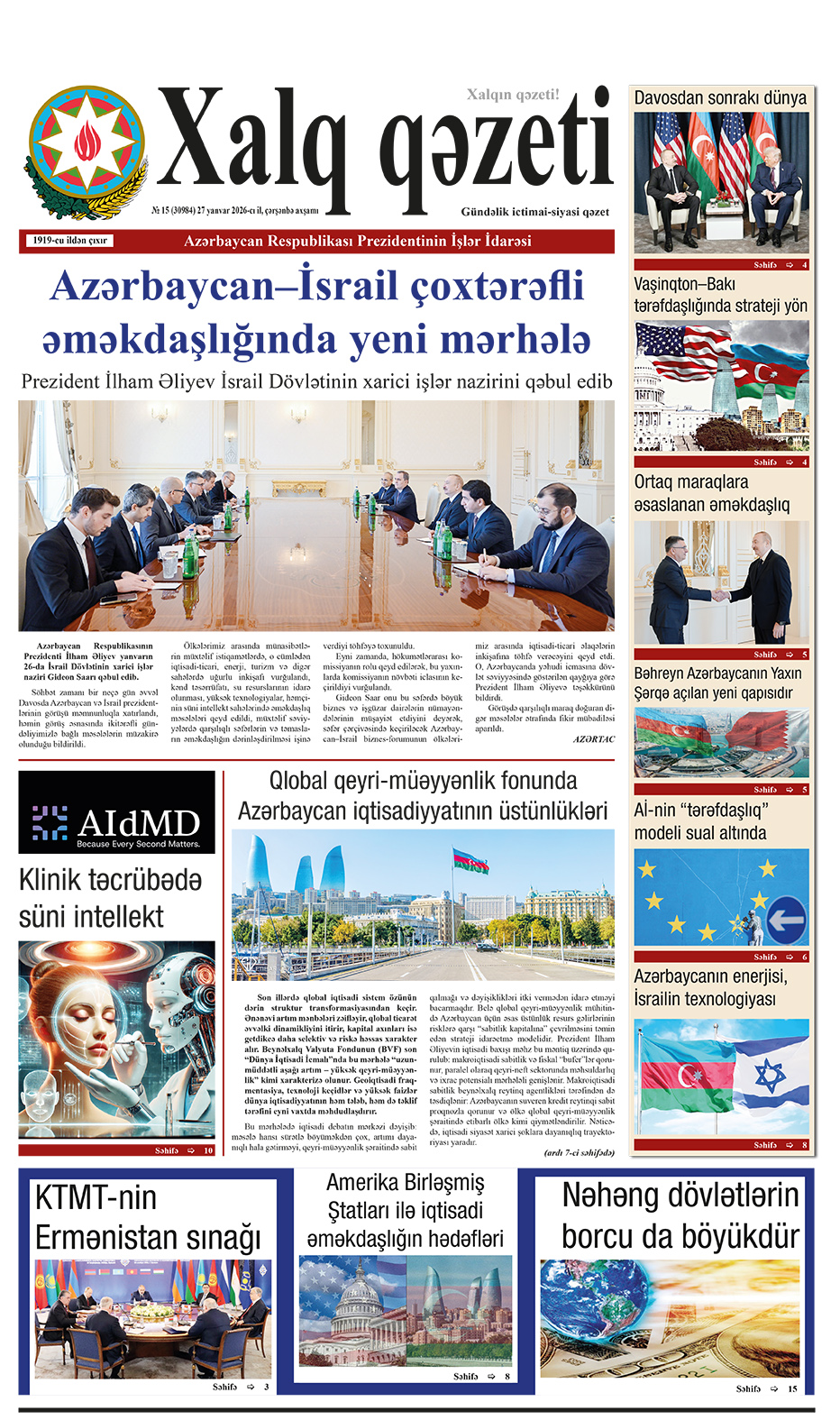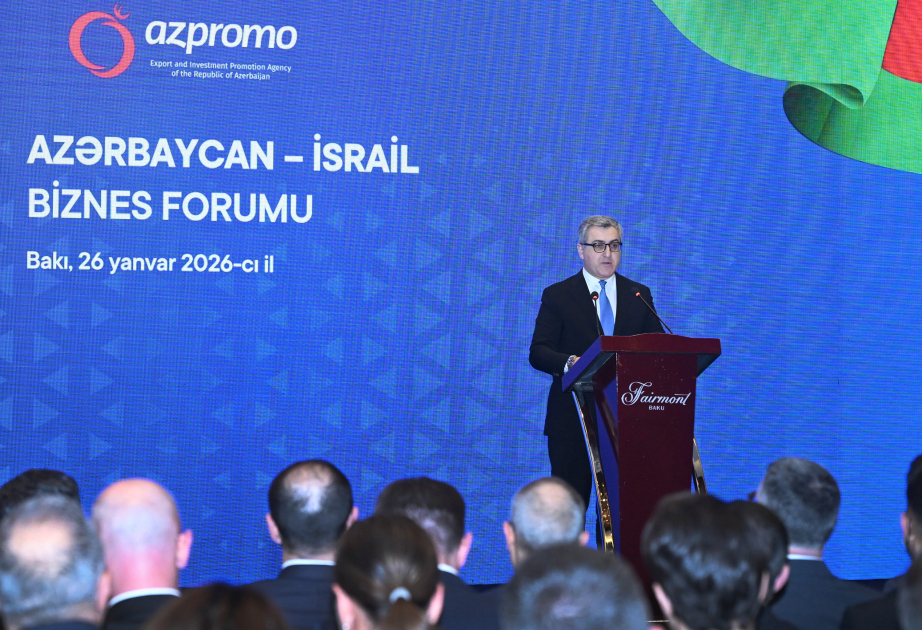Blackmail, subterfuge and attempts to evade the peace process
The National Security Service of Armenia (NSS) reported that a survey was conducted among the soldiers who left Karabakh and maps of mined areas were discovered. It was also stated in the information that the state institutions of Armenia do not draw up additional maps, they get the location of mines from the military as a result of surveys.
Anyway, you realize how insidious those two sentences sound. So, the official Yerevan is determined to continue using the issue of mine maps as a political tool. Yes, just to continue. Because the announcement of the start of such an insidious line was made before the announcement of the Armenian Ministry of Transport. We will talk about who made the announcement.
By the way, the statement of the Ministry of Foreign Affairs of Armenia coincides with the statement of the Ministry of Foreign Affairs of Azerbaijan. The high diplomatic office of our country emphasized that both before and after the 2020 war, the other side has repeatedly requested to provide correct mine maps. For some reason, Armenian political circles value this position as a non-constructive approach. Why? We will also pay attention to this. But, first of all, let's look for an answer to another question: Is the statement of the Armenian Ministry of Finance constructive? Of course not! It should be noted that eight mine maps from Yerevan to Baku have been submitted so far. The percentage of accuracy in these is quite low. Let's take into account that hundreds of civilians and soldiers of our country were victims of mine terrorism...
The current statement of the Ministry of Foreign Affairs of Armenia suggests that Yerevan is far from intending to provide accurate maps. How is it that the locations of the mines are determined by a survey conducted among the military? Can such a thing happen? So, we once again come to the conclusion that Armenia is interested in using the issue of mine maps as a political tool. And here we can get a link to the announcement we talked about.
Yes, the author of the first statement, which has an obvious manipulative effect on mine maps, and has an ambiguous nature, is not the Armenian Ministry of Foreign Affairs, but the country's foreign minister, Ararat Mirzoyan. Undoubtedly, the minister drew attention with his "moving forward" in the current direction. In other words, what Mirzoyan stated last week is a confirmation that Yerevan does not want to give correct mine maps to Baku. He actually admits it.
It can be concluded from both Mirzoya's statements and the statement of the Ministry of Defense of Armenia that mine terrorism has become an important part of Armenia's policy against Azerbaijan. Let's pay attention: Mirzoyan said that if an environment of trust is created, with the participation of the international community, Armenia can provide Azerbaijan with new maps of minefields in Karabakh. "Participation of the international community", "if an atmosphere of trust is created". The head of the Armenian Foreign Ministry, as you can see, sets a condition.
Azerbaijan, not only in this matter, but in general, in relation to itself, will not allow its harsh rhetoric to be launched. The other side also understands this well, but does not give up its blind stubbornness. As a result, first Mirzoyan, and now the Armenian Ministry of Internal Affairs and Communications shows a confused attitude to such an important issue as mine maps. It's as if the ordinary soldiers buried the land mine as if they were sowing grain in the field... We conclude that the statement of the Ministry of Defense is a confirmation that the manipulative line defined by the Ministry of Foreign Affairs of Armenia will be developed. It's a terrible thought indeed.
There is another insolence of Mirzoyan regarding the mine maps. He said that Azerbaijanis themselves buried the mines in Karabakh when they left the area in the early 90s of the last century, and Armenia is trying to prepare new mine maps through research. That is, you buried it yourself, not us. One more thank you. The question arises: how can it be that Azerbaijanis buried landmines when they left the area in the 90s, and not a single Armenian was a victim of those mines in the past thirty years?
On the other hand, since Azerbaijanis are thinking of returning to their homeland, it is absolutely impossible for them to bury mines. In other words, the head of the Armenian MFA has lost his mind. He takes the extremely shameless step of applying typical Armenian thinking to Azerbaijanis. There is one more point. After all, at that time, the Azerbaijanis did not have landmines or even hunting weapons...
Yes, at present, the political circles of Armenia consider the request of the Ministry of Foreign Affairs of Azerbaijan to provide accurate mine maps as Baku's non-constructive behavior and a step aimed at disrupting the peace process. In fact, this is the biggest manipulation. They take the way to evaluate the statements of the officials of our country about the uselessness of the maps given so far in the current context.
On the other hand, if we pay attention to what Mirzoya expressed, we get the impression that Yerevan is also interested in using the issue of mine maps to gain some advantage in the negotiation process. No doubt, this is political blackmail. Moreover, Armenia wants to include the international circles and the parties who have taken on the mediation mission between the two countries in blackmail. Rather, Yerevan is interested in the existence of an international assurance factor, as they want to gain by bringing up the issue of the map. Of course, it is not appropriate to call it a guarantee. Because this is complete nonsense.
Currently, there is also an issue raised by political circles close to the Armenian government regarding mine maps. We are talking about the Armenian prisoners of war allegedly held in our country. Allegedly, those prisoners were not returned
Azerbaijan will not see accurate mine maps.
Finally, the next point on this topic is not overlooked. Armenian political circles emphasize that it is quite possible that mine maps are allegedly not accurate. They resort to various "arguments" to prove their point. However, there is a purpose in searching for these "arguments". "Maqsad" is aimed at strengthening the following point in the public opinion of the region and the world: if Baku demands mine maps, Azerbaijan avoids signing a peace treaty with Armenia. It turns out that Armenia intends to use mine maps as a counter-argument to all the opinions voiced by Azerbaijan regarding the peace process. Of course, such an approach is extremely insidious, it is an attempt to get away from reality and not accept it.
A. JAHANGIROGLU
XQ


.jpg)
